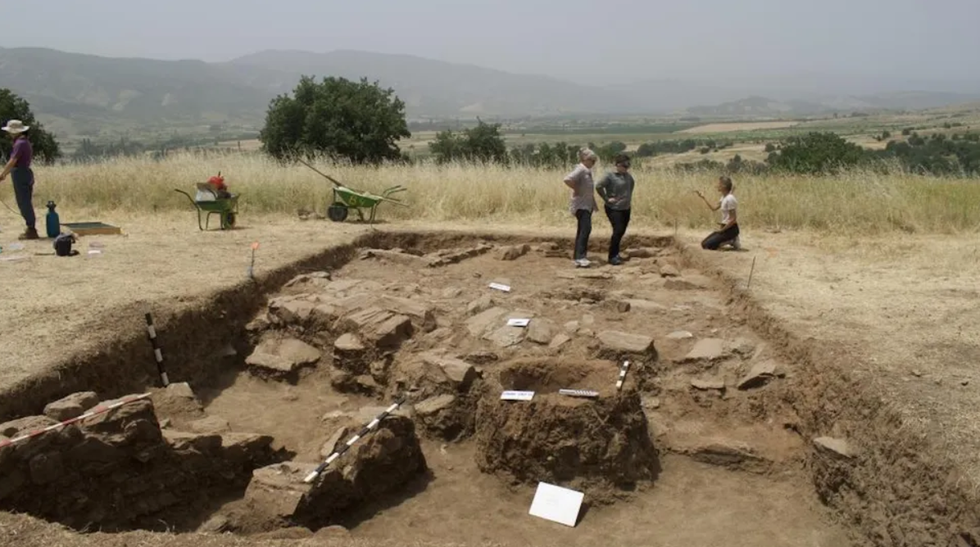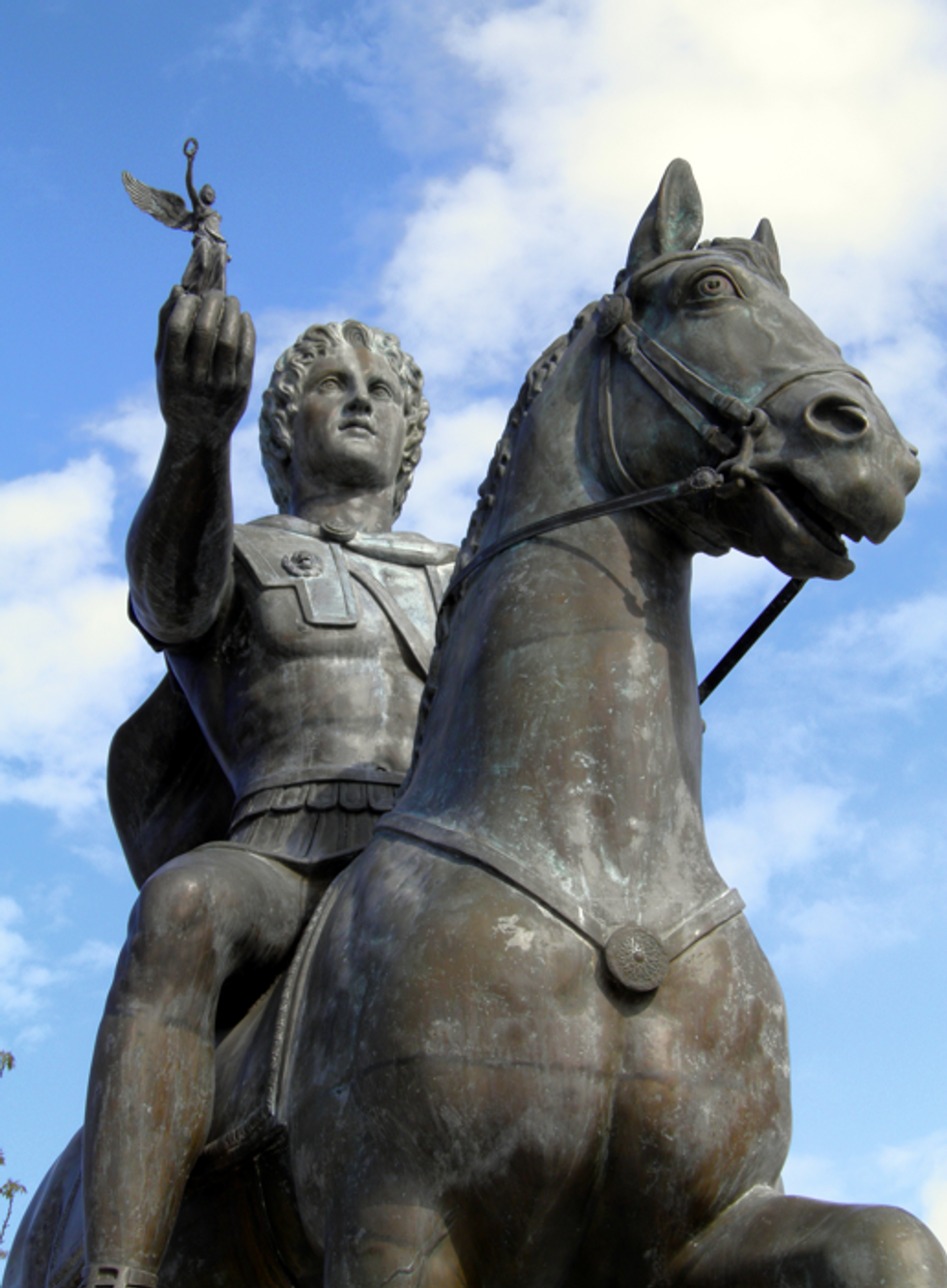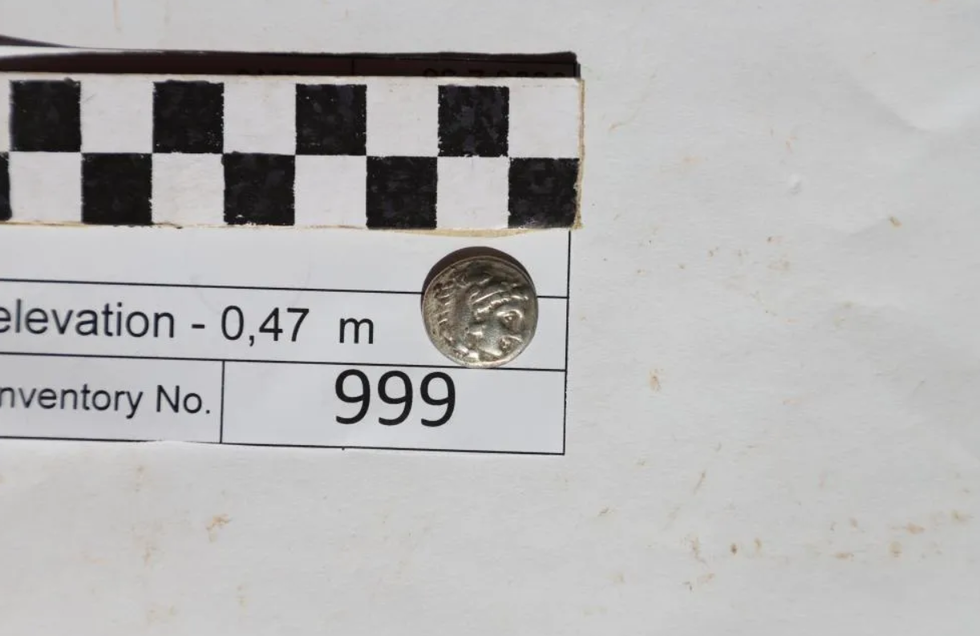The discovery challenges previous assumptions about when the ancient city of Lyncus was built
Don't Miss
Most Read
Trending on GB News
Archaeologists in North Macedonia believe they may have discovered the ancient city of Lyncus, potentially revealing the birthplace of Alexander the Great's grandmother.
The site, near the village of Crnobuki, was previously thought to be merely a military outpost when first identified in 1966.
Lyncus was the capital of the Kingdom of Lyncestis, which was later incorporated into the Macedonian Empire during King Philip II's reign.
Eurydice I of Macedon, mother of Philip II and grandmother of Alexander, was likely born in this ancient city.

Archaeologists in North Macedonia believe they may have discovered the ancient city of Lyncus
Cal Poly Humboldt's Cultural Resources Facility
In 2023, researchers conducted a lidar survey using aerial drones equipped with lasers to map the site's topography.
This advanced technique revealed an acropolis spanning at least seven acres.
The team uncovered remains of a textile workshop and what appears to be a theatre.
Various artefacts were discovered at the site, including pottery, coins and game pieces.
MORE ARCHAEOLOGY BREAKTHROUGHS:

The birthplace of Alexander the Great's grandmother could have been uncovered
Wikimedia Commons
Perhaps most intriguingly, archaeologists found a theatre ticket made of clay.
The lidar technology proved crucial, as it can penetrate foliage covering archaeological sites.
The discovery challenges previous assumptions about when Lyncus was built.
Researchers had believed the city was constructed long after Alexander the Great's death, during Philip V's reign from 221 to 179 BC.

A coin found at the site that was minted while Alexander the Great was still alive
Cal Poly Humboldt's Cultural Resources Facility
However, a coin minted between 325 and 323 BC indicates the city was in use during Alexander's lifetime.
Even more surprisingly, archaeologists unearthed axes and fragments of ceramic vessels showing human occupation dating back to the Bronze Age (3300 to 1200 BC).
Further excavation work is planned to confirm the site's identity as Lyncus.
If confirmed, this discovery could provide valuable insights into an influential ancient kingdom.
Engin Nasuh, a curator at Macedonia's National Institute and Bitola Museum and one of the lead archaeologists, described ancient Macedonia as "a civilization that played a major role in today's understanding of the world and the desire to connect different civilizations and cultures."
More analysis is needed to support these preliminary findings.









